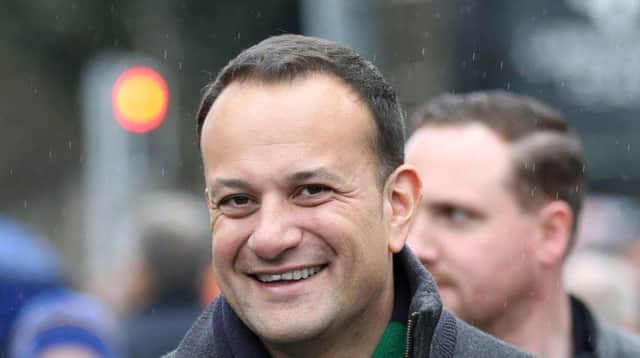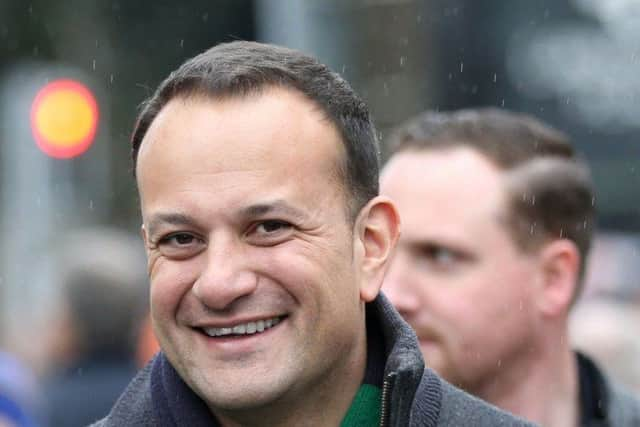Brexit: Nicola Sturgeon wants same terms as Northern Ireland


European Commission president Jean Claude Juncker spoke to Leo Varadkar ahead of a lunch with the UK Prime Minister which could have a crucial bearing on whether Brexit talks move on to trade and a transition deal by next year.
Downing Street has responded to reports of a draft agreement that there will be “regulatory alignment” between Northern Ireland and the Republic of Ireland by insisting the UK’s “territorial and economic integrity will be protected”.
Advertisement
Hide AdAdvertisement
Hide AdFirst Minister Nicola Sturgeon queried the deal and its significance for Scotland, tweeting: “If one part of UK can retain regulatory alignment with EU and effectively stay in the single market (which is the right solution for Northern Ireland) there is surely no good practical reason why others can’t.”


Movement on the border issue is required for Mrs May to get Ireland’s agreement to move on to critical talks on a trade and transition deal at the European Council summit of EU leaders on December 14-15.
The two sides have appeared to be moving closer on the divorce bill and future citizens’ rights but the Irish Government made clear ahead of talks that the border issue - the third area where Brussels is demanding progress - remained unresolved.
Regulatory alignment between Northern Ireland and the Republic would likely mean both sides following the same rules governing trade, to ensure that goods can continue to move freely across a “soft” border with no checks.


But there are fears among some unionists in Northern Ireland that it could lead to the effective drawing of a new border in the Irish Sea between the province and the rest of the UK, if the Westminster Government decides it wants to diverge from EU rules.
DUP Brexit spokesman Sammy Wilson, whose party is effectively keeping Mrs May in Downing Street in a confidence and supply deal with the minority Tory Government, warned her not to proceed with regulatory alignment.
He told the Press Association: “I think that this is emanating from the Irish Government, obviously, trying to push the UK Government into a corner in the negotiations.
“It is not well thought through. I don’t think, given its promises, the British Government could concede on this.”